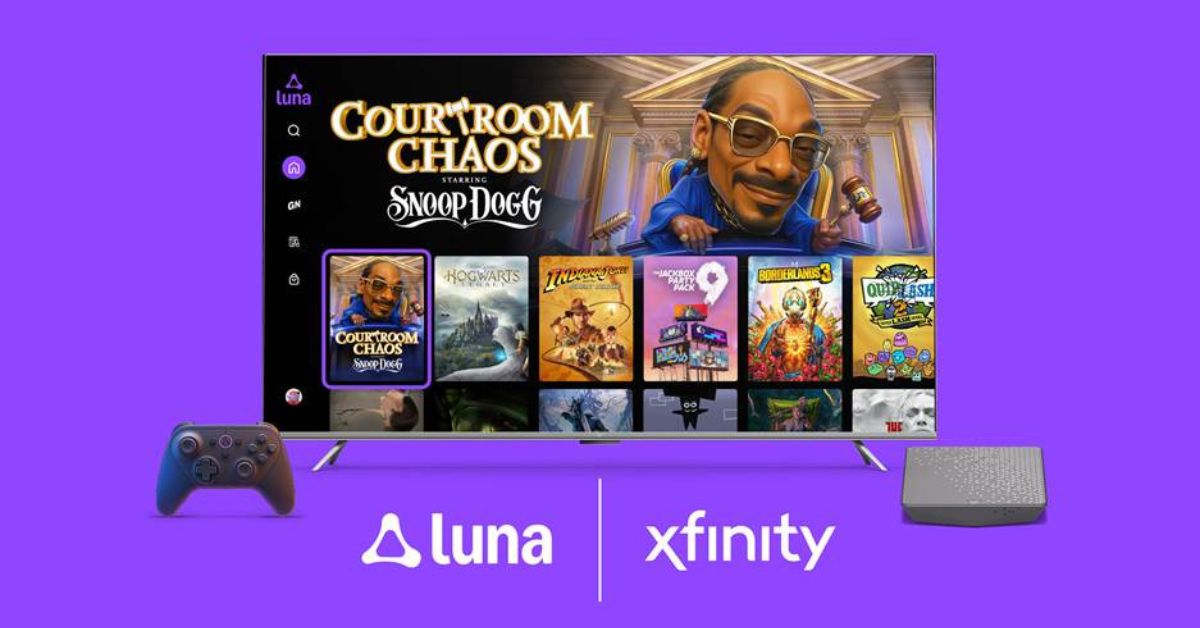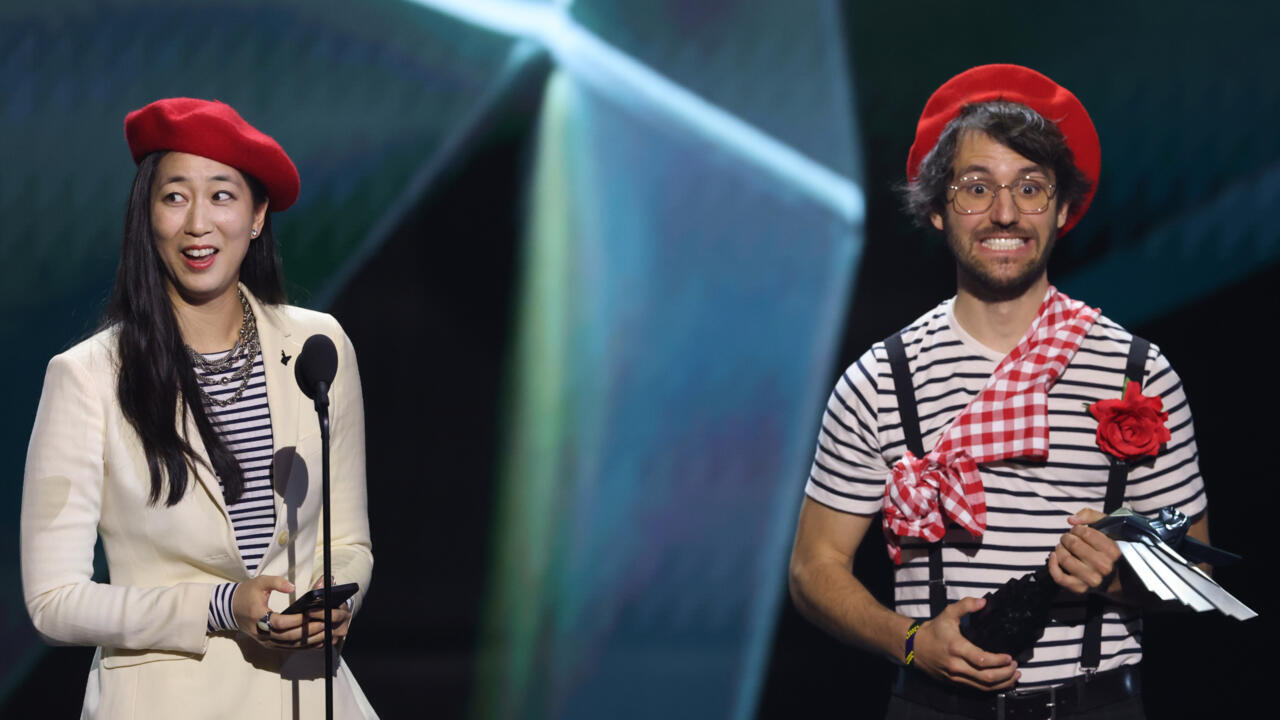The animated Netflix film “KPop Demon Hunters” is expanding from streaming sensation into full-blown consumer-product franchise. Netflix has signed global co-master licensing agreements with toy-industry leaders Mattel and Hasbro to produce toys, games, role-play items, dolls, action figures and more. The rollout is set to begin in spring 2026 and continue through the holiday season and beyond.
According to the announcement, Mattel will lead the design, manufacturing and marketing of dolls, action figures, accessories, and playsets based on the film’s characters and world. Hasbro will focus on plush toys, youth electronics, role-play gear and board-game style tie-ins – including a themed version of Monopoly Deal. The film follows a fictional K-pop girl group, Huntr/x, who balance global stardom with battling demons. It debuted on Netflix in June 2025 and quickly became the streaming platform’s most-watched original animated film.
Netflix framed the licensing initiative as part of a broader strategy to convert hit content into long-term intellectual property, moving beyond one-off streaming releases and into the realm of global brands. The company’s head of marketing emphasized that fan engagement had rapidly expanded into dance-challenges, costume play and music-video trends on social platforms, creating clear demand for physical goods tied to the characters.
For Mattel, the deal represents an opportunity to leverage an unexpected hit with global appeal and strong youth-culture resonance. The company’s chief global brand officer said the challenge is to translate the film’s vibrant music, action and visual design into compelling play experiences while staying true to the characters and story. Hasbro’s licensing lead echoed that sentiment, highlighting the goal of blending storytelling with play to allow fans to engage with the film universe beyond the screen.
Retailers will begin accepting pre-orders of some items as early as January 2026, with full availability planned for spring 2026. By the holiday season that year the product lines will be widely distributed worldwide. Netflix sees this as a test case for how non-franchise movies can generate downstream product revenue at scale. The licensing fees and revenue-share terms were not publicly disclosed, though industry analysis suggests the deal may significantly boost Netflix’s merchandise revenue in the coming years.
The expansion raises interesting questions about how streaming-only hits translate into consumer goods. Historically, major toy lines have been linked to long-running franchise films or TV series with established brand ecosystems. “KPop Demon Hunters” lacked decades of legacy backing but delivered record streaming performance, strong music charts success, and youth viral momentum – factors that persuaded Netflix and its partners to act quickly.
Challenges remain. To sustain the line, the merchandise must live up to fan expectations and replicate the story’s musical, emotional and visual core. There’s also competition for shelf space, attention spans and licensing budgets in a crowded youth-market environment. But if the roll-out succeeds, it could pave the way for other streaming hits to adopt similar brand-extension strategies.
“KPop Demon Hunters” is no longer just a hit film, it is becoming a branded universe. With dolls, playsets, role-play gear and games on the horizon, fans will soon be able to bring the demon-hunting K-pop action into their hands, bedrooms and game nights.





